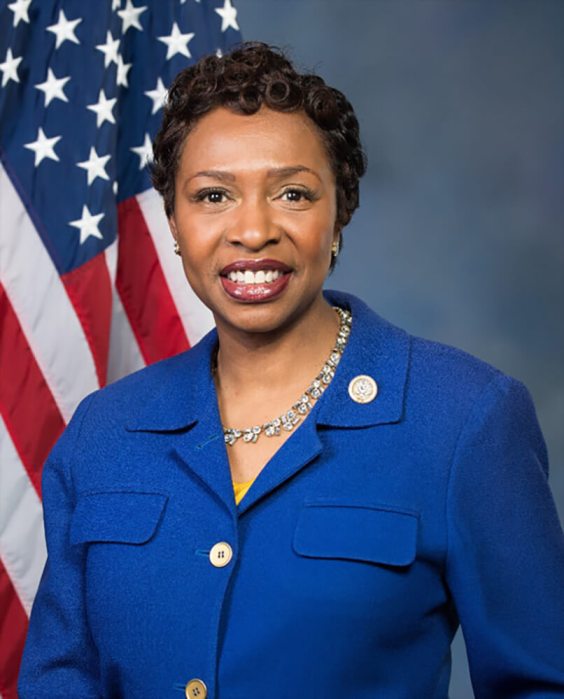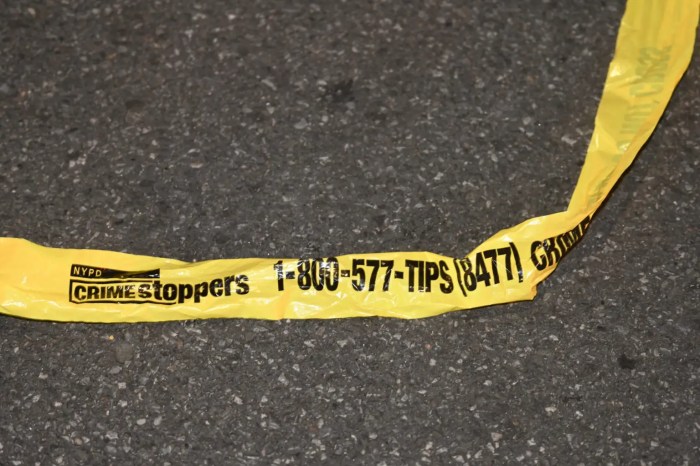When facing the prospect of criminal prosecution for leaking highly classified material to his mistress and later lying about it to the FBI, General David Petraeus found unlikely allies on Capitol Hill. Senators John McCain (R-AZ), Lindsay Graham (R-SC), and Diane Feinstein (D-CA) have all spoken out against criminally prosecuting the four-star general, in part because they feel he has “suffered enough.” This is not the first time that a high-ranking individual may skirt punishment for infractions that would land a subordinate in jail for years. Former Secretary of Defense Leon Panetta and Undersecretary of Defense Michael Vickers were also recently allegedly involved in highly classified leaks to the film producers of Zero Dark Thirty and treated with near impunity.
According to media reports Petraeus plead guilty to one count of unauthorized removal and retention of classified material for which he may face up to a year in prison. His paltry sentence is a far cry from the many years of prison time that many whistleblowers face when they disclose protected information in an attempt to further the public interest. Petraeus claimed no such motive. He seems only to have wanted to help his mistress and biographer, and Panetta and Vickers shared it with a producer from Hollywood – the common thread between the three stories is that these men both leaked information for purely personal gain and each received little more than a slap on the wrist.
The hypocritical dichotomy between the treatments of high-level politically connected officials versus lower level whistleblowers has never been more pronounced. Petraeus, Panetta and Vickers (who continues to serve in a top job at the Pentagon) could count on the support of their former colleagues, despite leaking highly classified material for reasons unrelated to the exposure of wrongdoing or other high-minded motives. This kid-gloves treatment is not something afforded whistleblowers, even when sharing information to further the public interest through official channels. Former NSA contractor Edward Loomis reported government waste on an ineffective and illegal domestic surveillance program up the proper chain of command, yet he was the target of a retaliatory criminal investigation that cost him his career. His colleague Thomas Drake faced 35 years in prison under the Espionage Act, after he legally provided an unclassified briefing on the surveillance program to a reporter. Former CIA agent Jeffrey Sterling disclosed concerns to Congress about an allegedly mismanaged operation to obstruct Iran’s nuclear program, and he was accused of sharing this same information with journalists. In January he become the first civilian to be convicted of Espionage Act.
Intelligence Community (IC) contractor whistleblowers such as Loomis are at a double disadvantage. In addition to threat of being criminalized, they have no statutory protection against workplace reprisal actions – such as demotions or blacklisting – when they disclose government misconduct.
That was not always the case, however.
From 2008 through 2012, all Pentagon and then stimulus funded IC contractors enjoyed best-practice whistleblower protections. This included Intelligence Community agencies like NSA. The law maintained a steady track record and there were not even allegations that it harmed national security. The whistleblower shield was so effective in deterring taxpayer waste that the Council of Inspectors General on Integrity and Efficiency proposed its permanent expansion, and the Senate approved it with bipartisan support. Notwithstanding its widespread support, in an Orwellian maneuver during the 11th hour of negotiations, the closing conference committee stripped all whistleblower rights for IC contractors from the bill.
Six months later, NSA contractor Edward Snowden disclosed the U.S. government’s mass surveillance programs. He later explained the circumstances that led to his course of action, “There are no proper channels for making this information available when the system fails comprehensively.” Currently, IC contractors have two alternatives to almost certain retaliation: 1) remain silent observers of wrongdoing; or 2) make anonymous revelations to the media.
Whistleblowers must have safe channels to report abuses of power that betray the public trust, and Congress has a responsibility to fill these accountability loopholes. Fortunately, as demonstrated by Senator Grassley and Senator Wyden’s newly launched Senate Whistleblower Caucus, protecting the nation’s truth-tellers transcends congressional partisanship. Instead of offering support to disgraced former officials, Congress should follow the caucus’ lead and focus on the heroic whistleblowers who risk their jobs and their freedom to expose government fraud, waste, and abuse.
Shanna Devine is the Government Accountability Project’s legislative director and investigator. Liz Hempowicz is public policy associate at the Project On Government Oversight. Both organizations are partners in the OpenT
This article previously appeared in The Hill.




















